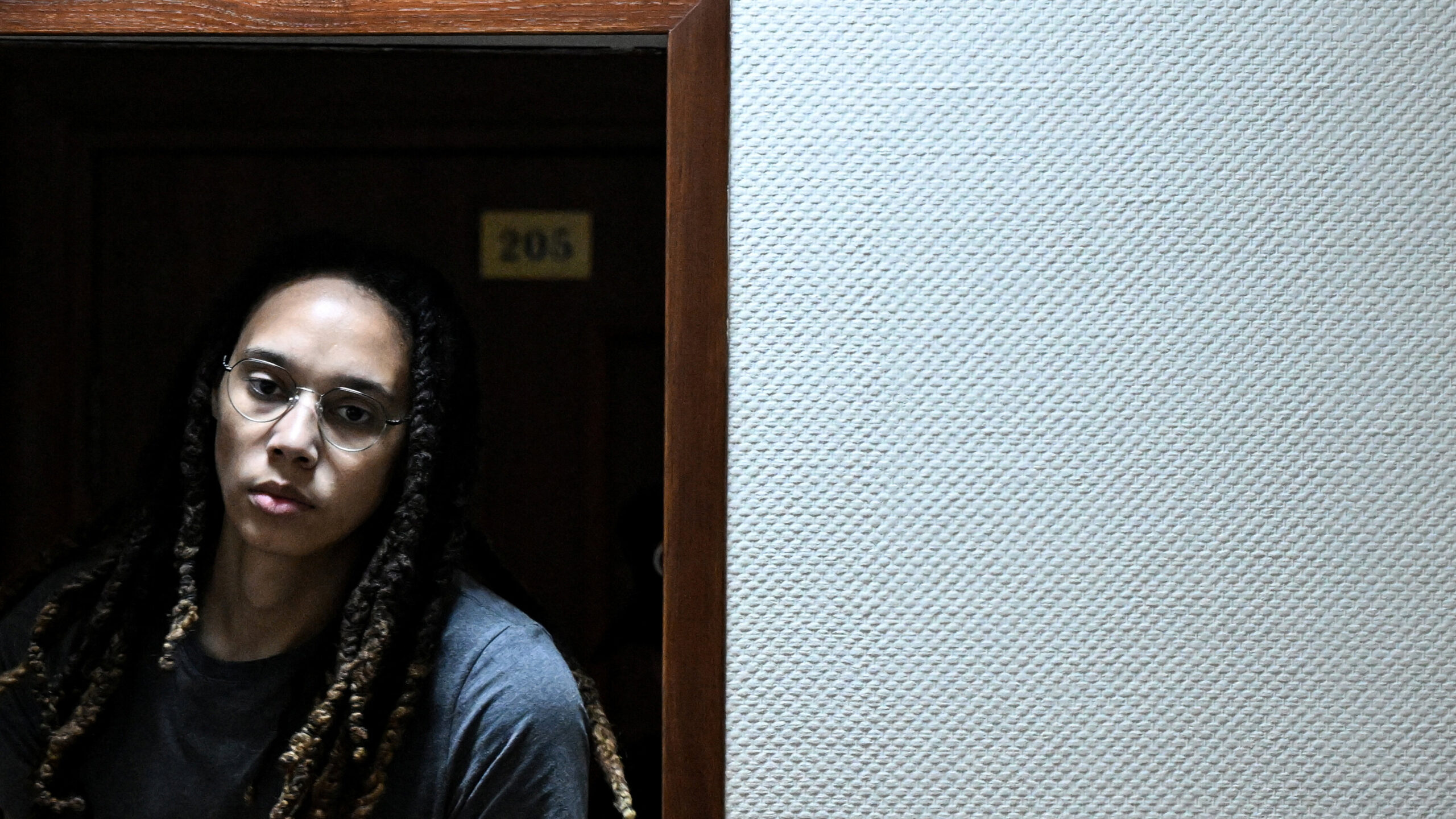
PHNOM PENH, Cambodia — One day after Brittney Griner was sentenced to a Russian penal colony, the top diplomats of the United States and Russia said on Friday that their governments were ready to negotiate over both the American basketball star and Paul N. Whelan, who is also imprisoned by Russia.
The diplomats, Secretary of State Antony J. Blinken and Foreign Minister Sergei Lavrov of Russia, speaking at separate news conferences, said the negotiations would be conducted through a channel established earlier by their two presidents. But in a possible indication of how fraught the relations between the two countries are, the two men made their comments after sitting close to each other — but not talking — during a meeting of foreign ministers from East Asia and partner countries.
Ms. Griner received a sentence of nine and a half years from a Russian judge in a courtroom outside Moscow on Thursday. American officials have said that Ms. Griner was “wrongfully detained” and that her trial was politically motivated as tensions between the two countries remain high over Russia’s war in Ukraine.
The Biden administration has offered to free Viktor Bout, an imprisoned Russian arms dealer, in exchange for Ms. Griner and Mr. Whelan, people familiar with the proposal have said. Mr. Blinken and the State Department have not publicly divulged details of the proposal.
After the meeting on Friday, Mr. Lavrov took the opportunity to needle Mr. Blinken for not making any effort to talk to him.
“Today, there was only one person between us at the table,” Mr. Lavrov said at a news conference broadcast by the foreign ministry. “I didn’t see him trying to catch me.”
Asked in the afternoon about Ms. Griner’s conviction and Mr. Lavrov’s assertion that Mr. Blinken had made no approach to him, Mr. Blinken said only that talks would take place through the channel cited by Mr. Lavrov.
“We put forward, as you know, a substantial proposal that Russia should engage with us on,” Mr. Blinken said. “And what Foreign Minister Lavrov said this morning, and said publicly, is that they are prepared to engage through channels we’ve established to do just that, and we’ll be pursuing it.”
Mr. Lavrov and Mr. Blinken spoke last week about the potential for a prisoner swap, with negotiations to take place through a special channel set up for that purpose, according to people familiar with the conversation. At the time, Mr. Lavrov criticized the United States for what he described as trying to negotiate a prisoner exchange in public.
Both Mr. Lavrov and the Kremlin’s spokesman, Dmitri Peskov, renewed that criticism on Friday. “These swaps will never happen if we start discussing any nuances of the exchange in the press,” Mr. Peskov told reporters in Moscow. “The Americans have made this mistake. They have decided for some reason to solve these problems by the megaphone method.”
In their comments about a diplomatic channel, both sides appeared to be referring to an agreement between President Biden and President Vladimir V. Putin of Russia, reached at a summit in Geneva in June last year, to negotiate on prisoner and hostage exchanges.
Despite sending signals that a potential exchange is possible, Russian officials have insisted that legal due process must be completed first. After hearing the verdict on Thursday, Ms. Griner’s lawyers said they would appeal the sentence, which might extend the process further.
Trevor R. Reed, a former U.S. Marine, who was sentenced to nine years in prison after being charged with assaulting a Russian police officer, spent more than two years in Russian custody before being exchanged for a convicted Russian pilot in April.
Mr. Blinken said on Friday that the conviction of Ms. Griner “puts a spotlight on our very significant concerns with Russia’s legal system and the Russian government’s use of wrongful detentions to advance its own agenda, using individuals as political pawns. The same goes for Paul Whelan.”
Mr. Whelan is a former U.S. Marine who was convicted by a court in Moscow of espionage charges in 2020 after first being detained in 2018.
On Thursday, John Kirby, a national security spokesman for the White House, said he expected Mr. Blinken to try to talk to Mr. Lavrov about the American prisoners during the meeting in Phnom Penh.
“I have no doubt that if he has an opportunity to buttonhole Mr. Lavrov, he will do so,” Mr. Kirby said. “And if he doesn’t, if it doesn’t just happen organically, I’m sure Secretary Blinken will reach out and have that communication.”
When a conversation didn’t happen, Mr. Lavrov appeared to try to tweak Mr. Blinken about not talking to him, saying: “All my buttons are in place.”




